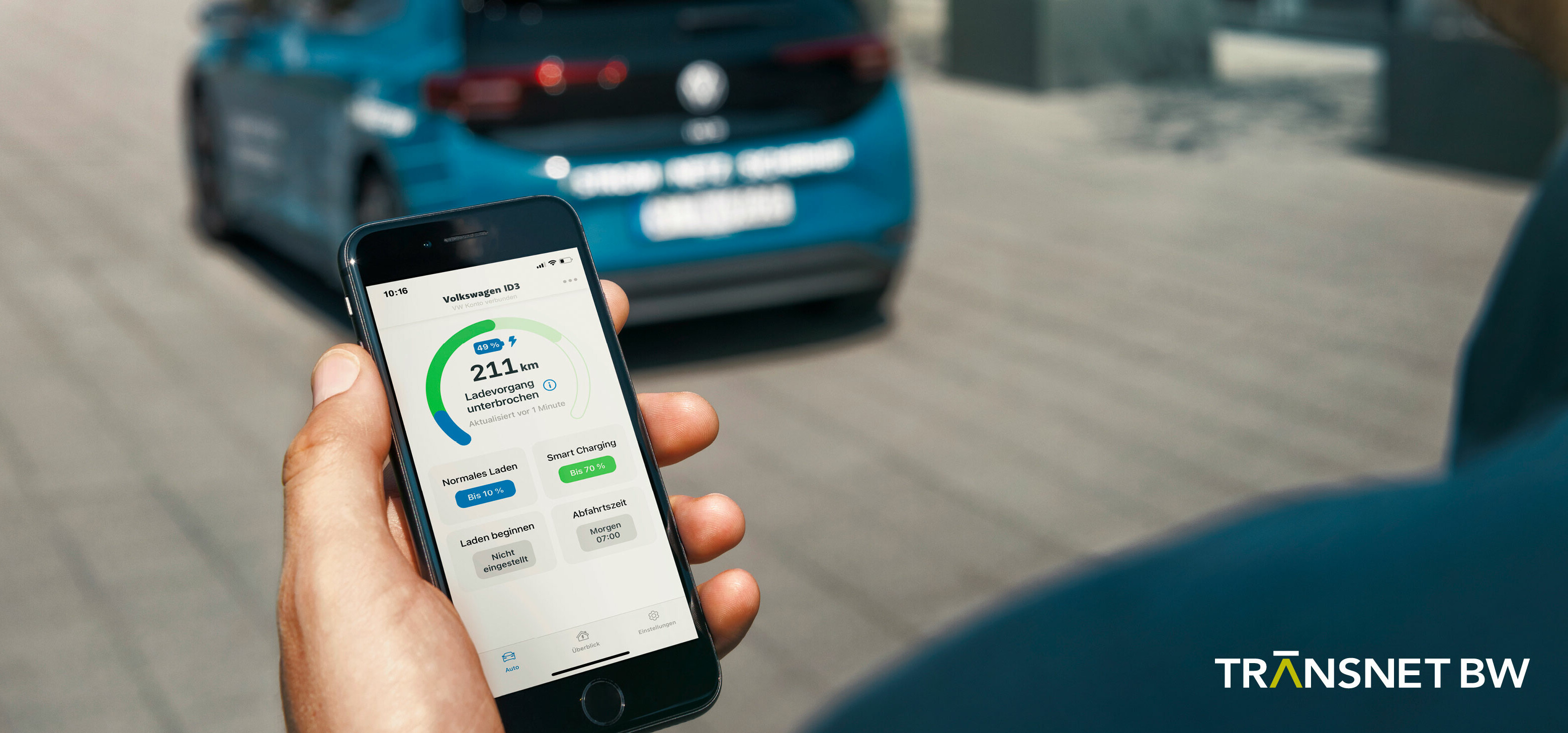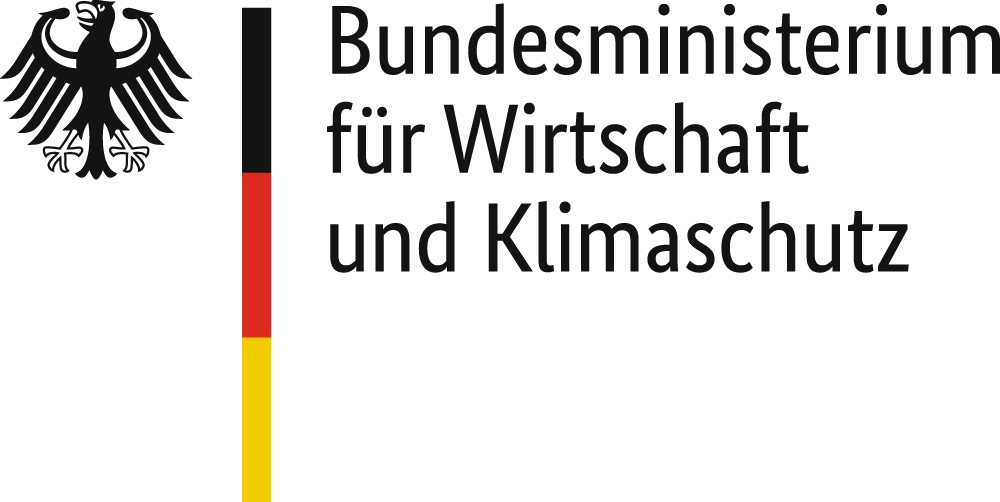
Together with smart charging provider Jedlix, Netze BW and Next Kraftwerke, transmission system operator TransnetBW tested a charging management solution for the intelligent connection of electric cars to stabilise the power grid between 2020 and 2022.
The aim of the joint project was to find out whether and how several electric cars connected to form a virtual power plant are suitable for providing control reserve. Transmission system operators use control reserve to balance out unpredictable deviations between generation and consumption in the electricity grid, thereby ensuring system security. The project was scientifically supported by Fraunhofer IEE.
First, ten electric vehicles were charged in a controlled manner in laboratory tests. In the subsequent field test, around 150 vehicles were charged in normal operation under everyday conditions. For this purpose, they were digitally connected to the grid control system at TransnetBW's main control centre in Wendlingen in order to receive call signals. The technical proof of concept for the provision of (secondary) control reserve was thus demonstrated.
Through further cooperation with Netze BW, the EV-Fleet project also investigated the effects of control reserve provision on the distribution grid. This is important in order to control charging processes in such a way that the current conditions of the local distribution grid are taken into account when control reserves from electric vehicles are activated. This counteracts local overloads.
The analyses and results of the EV-Fleet project provided important insights into the provision of control reserve by electric vehicles, the necessary communication infrastructure and data reliability, and the consideration of the interests of distribution network operators.

